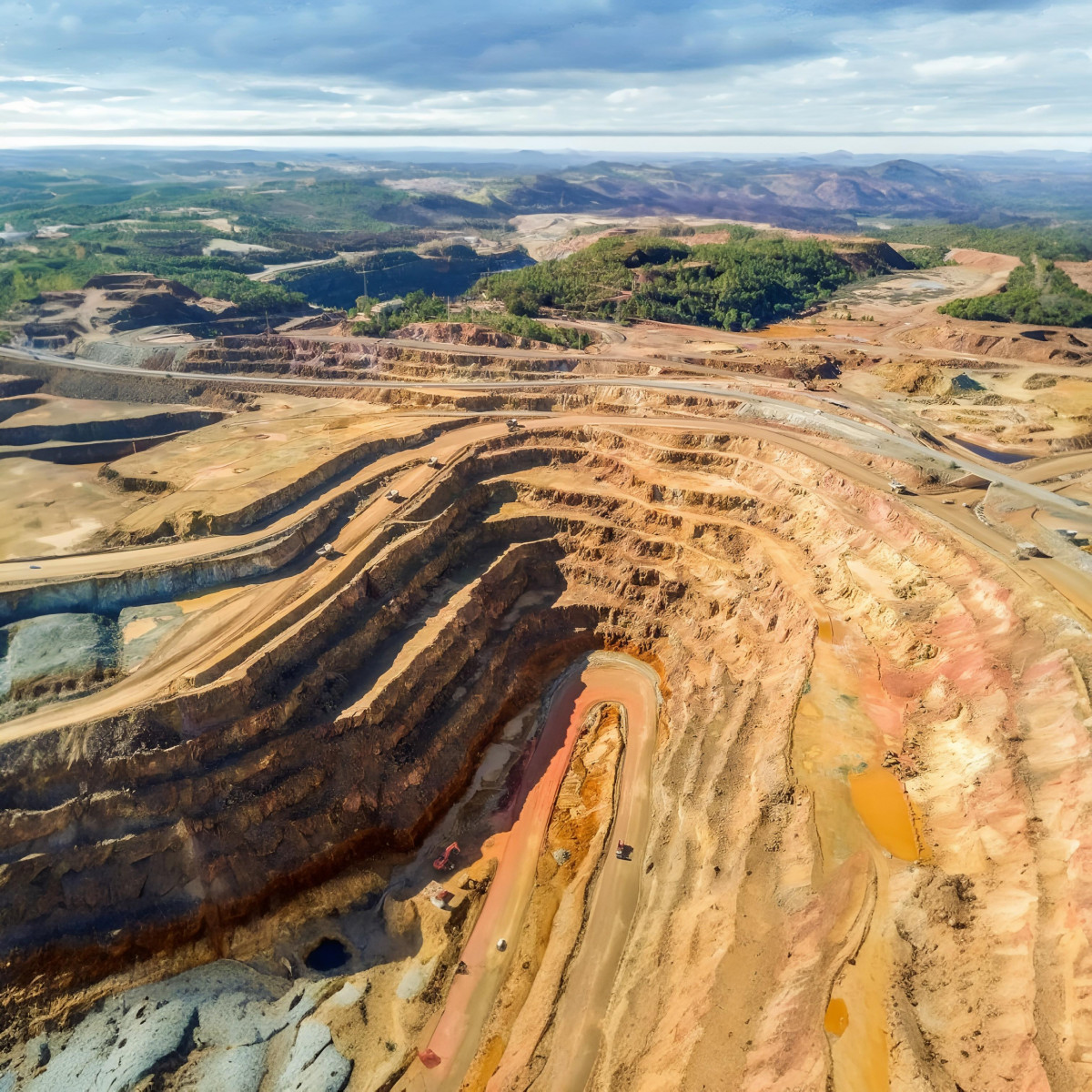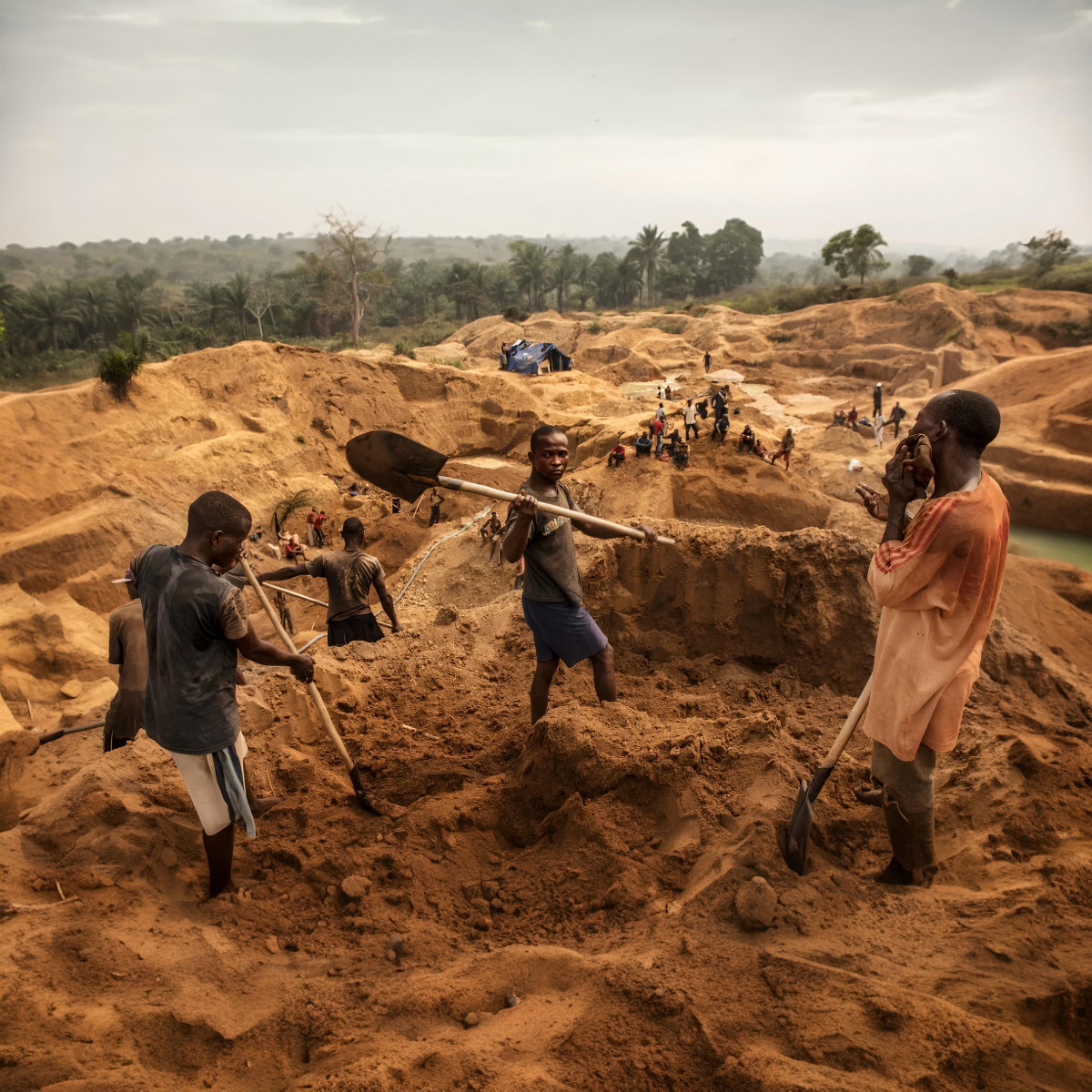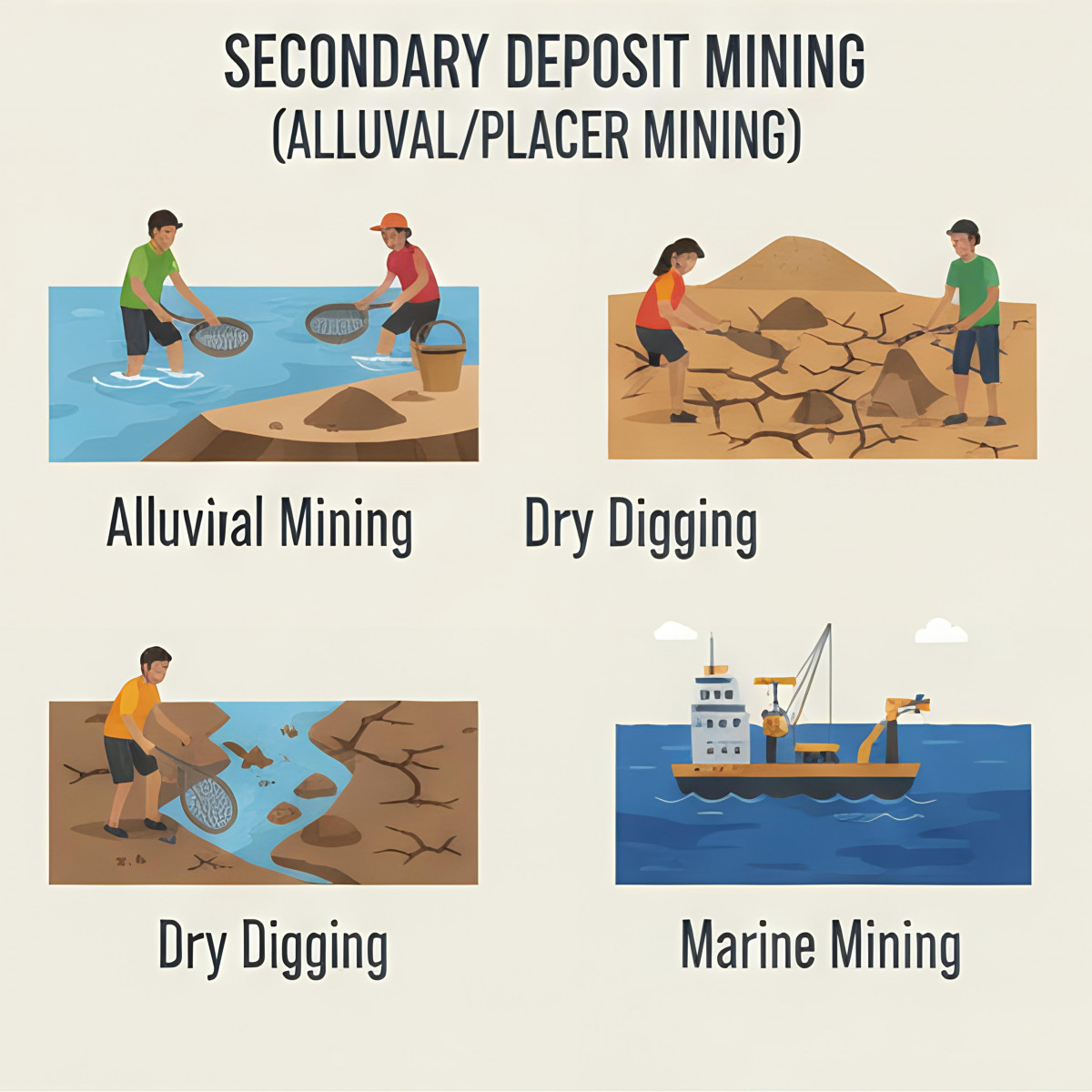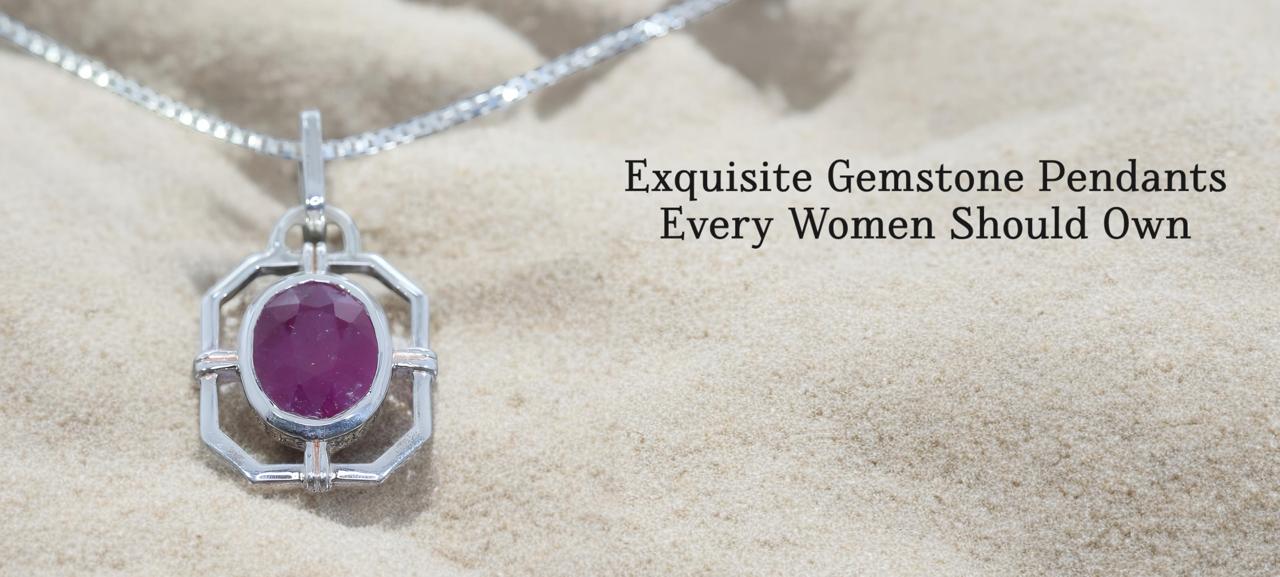 Categories
Categories 
Gemstones are beautiful and precious, but the story behind them is not always shiny. Mining gemstones is not easy work. It can affect people, land and water. In India and other countries, people are slowly understanding how important it is to do mining ethically and sustainably. For instance, Sri Lankan sapphire and ruby gemstone mining in Mozambique are perfect examples of sustainable mining practices. Consumers, traders, jewelers – everyone has a role in this.
Also Know: Gemstone Industry & Market Trends
Ethical mining means getting gemstones in a way that is fair to workers and not harmful to the environment. Many mines have deplorable working conditions. People work long hours, sometimes even kids, without proper safety or good pay. Ethical mining aims to prevent these harmful practices. Miners get fair wages, safe tools, and better work conditions.
The environment also matters. Mining can destroy forests, rivers and soil. Ethical mines try to reduce damage. They plant trees, clean water, and protect animals. Companies that follow ethical rules usually take care of nature and workers together.
Read More: Ethical Issues in the Gem Trade

Sustainability in gemstone mining means mining in a way that we do not destroy resources for the future. If mining is done carelessly, stones may run out and land become useless. In India, many places with gemstones have been mined too much. Forests cut, rivers dirty, soil weak. Local people suffer for a long time.
Sustainable mining not only protects nature but also helps local people. Mining can give jobs and income, but it should not harm their health or surroundings. If done correctly, sustainability can make the gemstone industry grow without causing significant problems.
For instance
emerald stone
mining in Kagem mines in Zambia operates on carbon neutral technology. Electricity is generated through solar power. Companies involved in the mining process support community welfare in this area.
There are many problems in gemstone mining. Illegal mining is a huge problem. People mine without permission, damage land, and pay no tax. Sometimes stones from illegal mines enter the market without anyone knowing.
Child labor is another big problem. Children work instead of going to school. They face accidents, dust, and chemicals. Mining also generates a significant amount of waste. Stones that are not good for sale are thrown away, polluting rivers.
Even legal mining can be harmful. Machines, blasting, digging – they can destroy land and wildlife. People near mines may have health problems because of dust and dirty water.

Companies and jewelers have a significant role in ethical mining. They can do some things:
Some companies use a tracking system or blockchain technology to track various activities involved in gemstone production. This enhances the buying behaviour of customers. Since they know the origin and carat weight, and have access to a digital certificate, they believe their purchase is authentic. This gives buyers confidence that stones are ethical and sustainable.
Read More in our blog: Blockchain and Gemstones: Solving the Authenticity Problem
Consumers also matter. Asking questions and buying certified stones support responsible mining. Purchase recycled or lab-grown stones to reduce pressure on natural mines. Consumers can also tell friends and family about working conditions
and environmental problems of mining. Whether you are looking for a gemstone for astrological or ornamental purposes choosing it from certified and ethically operating mines is important. This is a step ensuring conflict free and sustainable
purchase.
Sustainable mining includes careful planning and conserving resources. It includes things like low-impact digging, using water carefully, planting trees after mining, reusing waste. Small mines run by communities are often safer and better for the environment. Big companies also try new tech to reduce harm.

Even with awareness, making mining entirely ethical is not easy. Costs are higher, some mines in remote areas are hard to monitor. Corruption and weak law enforcement also make it difficult. Consumers sometimes don’t know which stones are ethical and which are not.
But slowly things change. NGOs, government and industry groups working together to make better standards. More people are becoming aware about the importance of ethics and sustainability in gemstone mining.
The future of gemstone mining depends on balance. We need stones for jewelry and business, but we also need to protect people and land. With technology, tracking, and awareness, mining activities can become more responsible.
In short, gemstone mining is not just about shiny stones. It is about people, the planet, and responsibility. Ethical mining and sustainability are must now. They are needed for the future of industry, communities, and nature. India have
rich gemstone resources, and if miners, companies, and consumers work together, it can become an example for world.

Discovering Immense Wealth in Your Horoscope through Astrology
February 2nd, 2026
Gemstone Earrings for Women: Trendy Designs for Modern Style
January 30th, 2026
Jupiter in 7th House: Marriage Blessings & Prosperity Partner
January 28th, 2026
